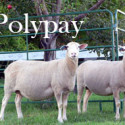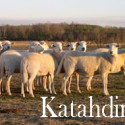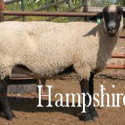The Polypay breed was born out of frustration and a dream. Long-time Idaho sheep man Reed Hulet was frustrated with the production of his family’s 600 Idaho range ewes. They needed more productive sheep to make a profit. His dream –to develop a more prolific, better milking and mothering breed of range and farm combination… Continue Reading











